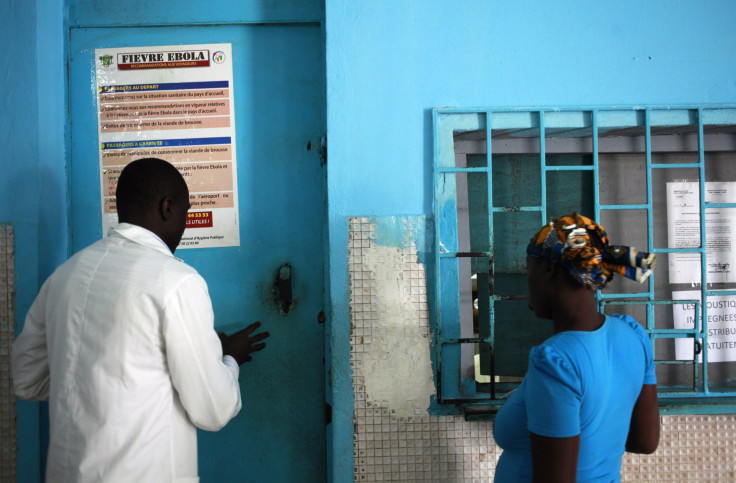CDC Director Urges Window To Control Ebola Outbreak Is Closing, Makes Plea For More International Aid

On Wednesday, a British Ebola patient treated with the experimental ZMapp serum was released from a London hospital. However, experts are still hesitant to label the untested drug a “cure.” The World Health Organization urges that, at the moment, the need for international aid in the form of supplies and health care workers may take precedent over the need for drug research because “the window is closing” for outbreak relief efforts.
In line with the expression “out of mind out of sight,” most people who do not live near the outbreak epicenter may not be very concerned with affairs going on half a world away. According to Thomas Frieden, director of the Centers for Disease Control and Prevention, it’s this apathy that has helped strengthen the outbreak’s grip on Africa. “This isn’t just the countries’ problem. It’s a global problem,” he said, The Daily Beast reported. “I could not possibly overstate the need for an urgent response.”
Frieden’s statement came only days after the release of William Pooley, 29, a British citizen who had recovered from Ebola after being administered the experimental ZMapp serum. Pooley’s recovery was due to a combination of the short time between the young man’s infection and treatment and the high level of health care he was offered at the Royal Free Hospital in London, Fox News reported.
ZMapp was not credited with contributing to Pooley’s recovery, and due to the low number of human subjects, experts are hesitant to label it a cure. The Department of Health and Human Services recently signed a contract worth up to $42.3 million to help accelerate the treatment’s testing, but those currently working in Africa urge that money isn’t enough. The most pressing issue at the moment is not drug development, but the physical presence of aid and supplies in the most affected areas.
Frieden painted a horrific image of West Africa, describing isolation centers so crowded that patients were forced to lie on the floor and workers outfitted in uncomfortable, inadequate gear, which greatly interfered with their ability to serve patients. “The most upsetting thing I saw was what I didn’t see,” he said. “No data from countries where it’s spreading, no rapid response teams, no trucks, a lack of efficient management.”
The CDC director seemed to understand that foreign volunteers may be apprehensive about working in Ebola stricken areas but reassured that their health would remain safe as long as they followed safety precautions. “Turning this around will require lots of effort and highly specialized people. Doctors, nurses, health administers, emergency managers,” Freiden said.



























